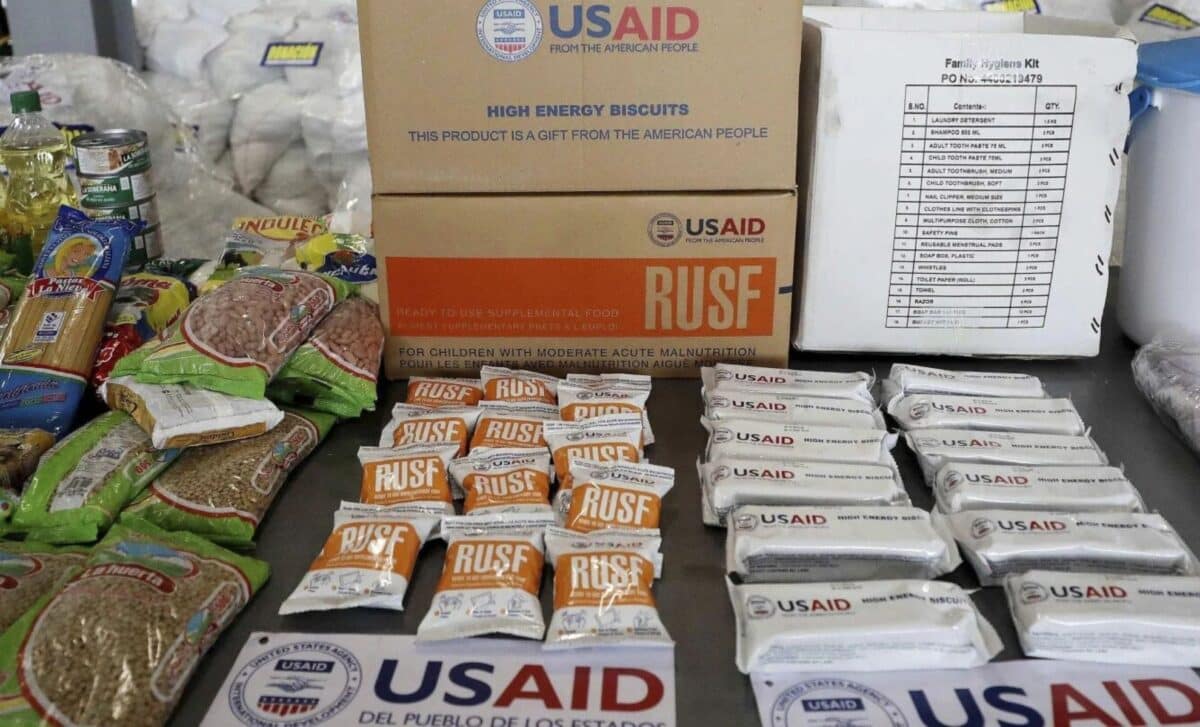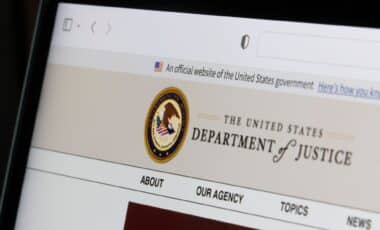A sweeping decision by the U.S. government has abruptly ended funding for thousands of global health programs, disrupting crucial efforts against HIV, polio, malaria, and malnutrition.
The move, affecting 5,800 projects financed by the United States Agency for International Development (USAID), signals a definitive cessation of aid previously placed under review.
Impact on Life-Saving Programs
A series of emails sent by the U.S. State Department this week confirmed the termination of funding for initiatives that had long been considered essential for global public health.
According to The New York Times, these included a $131 million grant for UNICEF’s polio immunisation campaign and a $90 million contract for malaria prevention, which would have provided mosquito nets and treatments for 53 million people.
Among the terminated programs is a project in Nigeria that treated 5.6 million children suffering from severe malnutrition. The closure of 77 health facilities puts 60,000 children at immediate risk of death.
Additionally, funding cuts have halted HIV treatment in Lesotho, Tanzania, and Eswatini, affecting 350,000 patients, including 10,000 pregnant women receiving care to prevent transmission of the virus to their newborns.
Malaria prevention efforts under the President’s Malaria Initiative (PMI) Evolve program have also been stopped. According to health experts, this initiative had successfully provided indoor insecticide spraying to protect 12.5 million people last year.
Other critical projects terminated include a $34 million supply of essential HIV and malaria treatments for Kenya and a surveillance program for Ebola outbreaks in Uganda.
Global Repercussions and Expert Concerns
The sudden withdrawal of U.S. financial support has raised concerns about the immediate and long-term consequences for global health security.
Dr Catherine Kyobutungi, Executive Director of the African Population and Health Research Center, warned that the scale of the cuts would have devastating effects. “People will die, but we will never know, because even the programs to count the dead are cut,” she stated.
According to the report, funding has also been withdrawn from humanitarian aid efforts, including 87 shelters supporting 33,000 victims of rape and domestic violence in South Africa, and a project in the Democratic Republic of Congo that supplied water to 250,000 displaced people.
In Bangladesh, food assistance for malnourished pregnant women and vitamin A supplementation for children have also ceased.
The cancellation extends beyond direct healthcare, affecting data collection projects crucial for monitoring maternal and child health, nutrition, and disease prevalence.
The Demographic and Health Surveys, which operate in 90 countries, have been discontinued, raising concerns about the ability of governments and aid organisations to respond effectively to emerging health crises.









